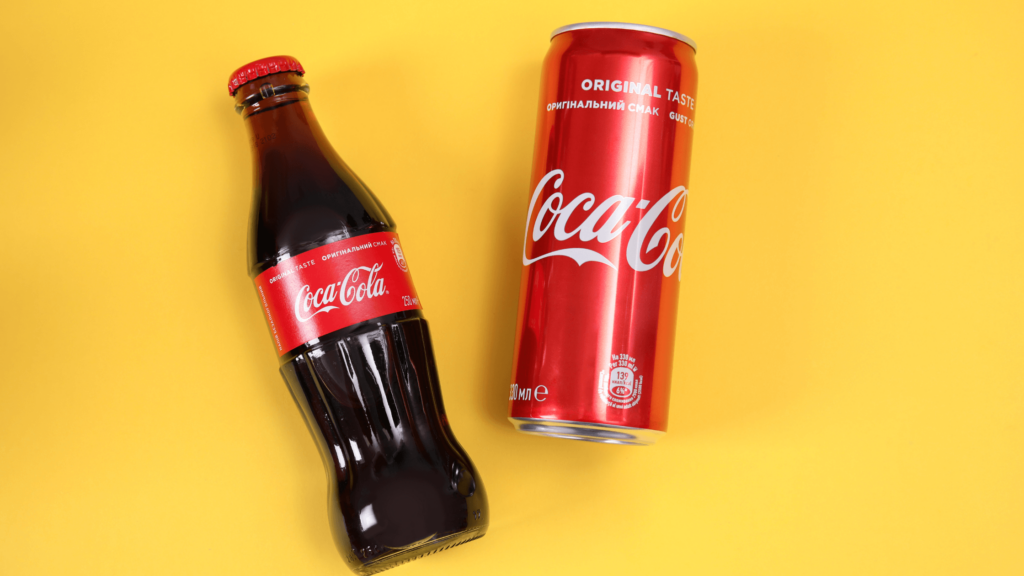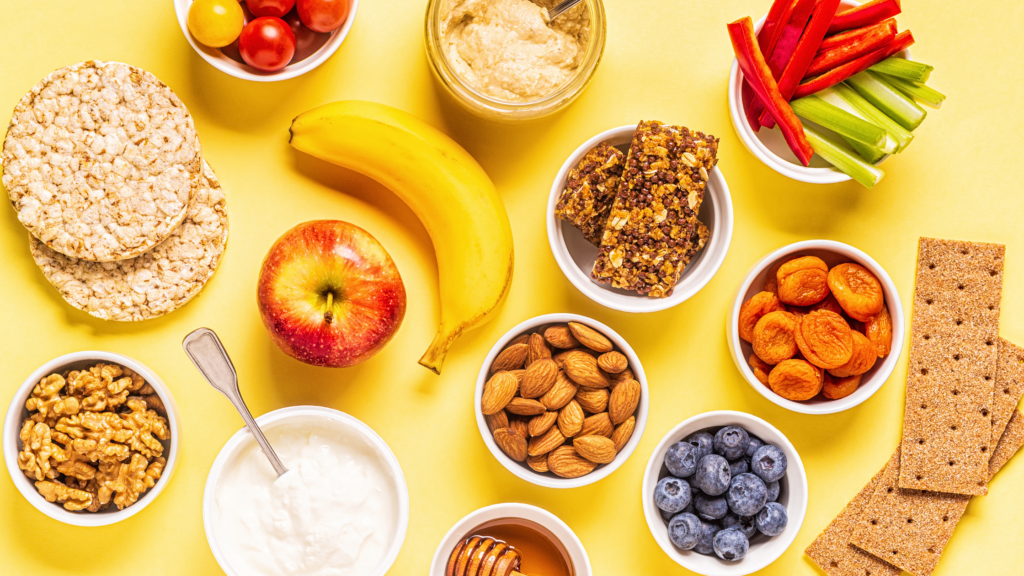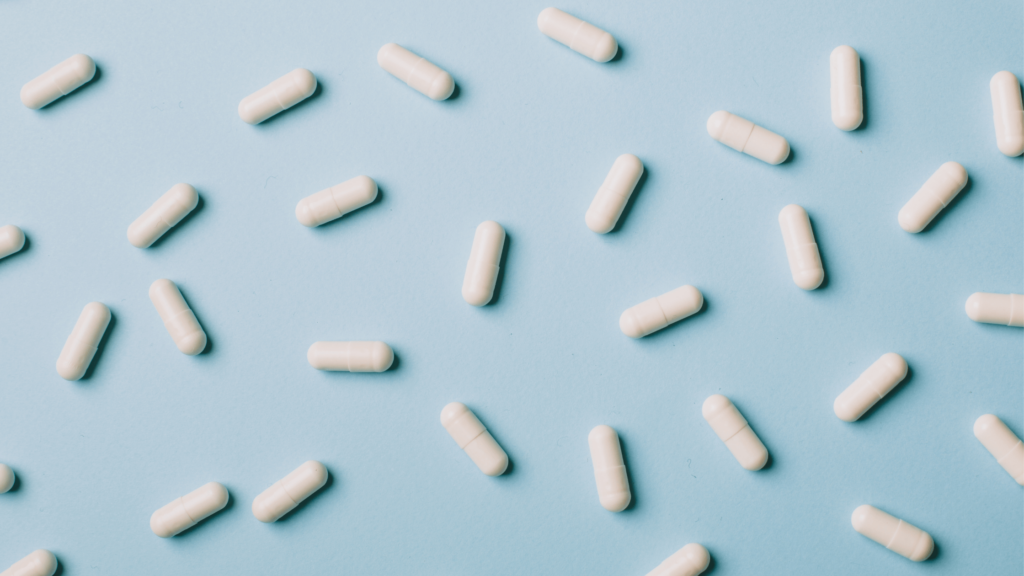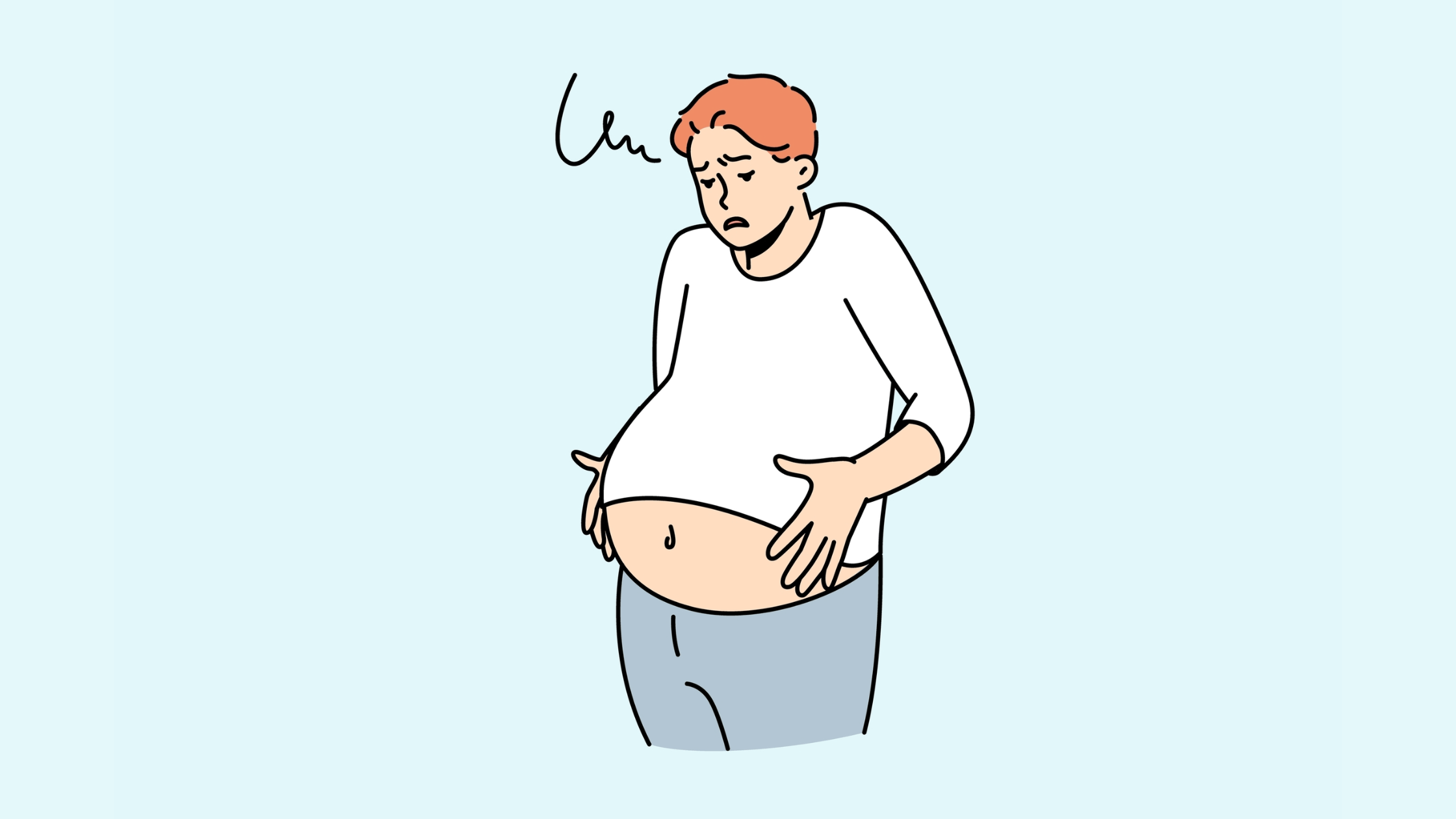Bloating is an uncomfortable and sometimes painful sensation that affects many people, often after eating or drinking certain foods. Whether it’s due to overeating, dehydration, or food sensitivities, bloating can feel like a constant struggle. However, there are simple yet effective tips to reduce bloating and improve digestion. Staying hydrated and eating fiber-rich foods are just a few methods you’ll learn to beat the bloat. If you’re tired of feeling puffy, we got you.
Why bloating happens
Despite common thinking, bloating isn’t just a female issue—it can happen to anyone. The causes of bloating vary from person to person, but some common triggers include hormonal shifts, certain foods, and underlying health conditions.
Food sensitivities/allergies
Some people have difficulty digesting specific foods like dairy, gluten, or certain vegetables. These sensitivities can lead to gas buildup in the digestive tract, contributing to bloating. Overeating or consuming foods high in salt, fat, or processed ingredients can also trigger bloating.
Swallowing air
Bloating can be caused by swallowing excess air, known as aerophagia, which happens when people eat too quickly, talk while eating, or chew gum. This excess air travels to the digestive system and can cause gas buildup, leading to a bloated feeling. Reducing behaviors that lead to air swallowing, such as eating slowly or avoiding straws, can help reduce this type of bloating.
Constipation
Constipation is a common cause of bloating because it leads to a buildup of stool in the intestines, causing discomfort and bloating. When bowel movements are less frequent, gas becomes trapped in the digestive system. Eating more fiber, staying hydrated, and engaging in regular physical activity can help prevent constipation and reduce bloating.
Gut microbiome imbalances
The gut contains bacteria that help break down food, but an imbalance of good and bad bacteria can lead to excessive gas production. This imbalance often results from poor diet, antibiotics, or other medications. Introducing probiotics through food or supplements can help restore balance in the gut and reduce bloating.
Chronic stress
Chronic stress can trigger bloating because of how it impacts the digestive system. When stressed, the body releases cortisol and other stress hormones, which can slow digestion, leading to gas buildup and discomfort. Stress can also affect gut motility, leading to symptoms like bloating and cramping. Prolonged stress disrupts the balance of gut bacteria, further exacerbating bloating. Managing stress through relaxation techniques, regular exercise, and mindfulness can help minimize these effects on the digestive system.
Hormonal shifts
For women, bloating is often linked to hormonal changes during the menstrual cycle. Hormonal fluctuations can cause the body to retain water, leading to a bloated feeling. Specifically, rising estrogen and progesterone levels can slow digestion and increase gas production, contributing to bloating. This type of bloating typically peaks right before menstruation and subsides once hormone levels stabilize.
Irritable Bowel Syndrome (IBS)
IBS is a common digestive disorder that often causes bloating as one of its primary symptoms. People with IBS may experience irregular bowel movements, gas, and abdominal pain, all of which contribute to bloating. The condition affects how the intestines move gas and stool through the digestive tract, leading to trapped gas and discomfort. IBS sufferers often report that certain foods can trigger bloating, making it essential to identify and avoid personal triggers to manage symptoms. A well-balanced diet and lifestyle adjustments can help alleviate bloating associated with IBS.
12 hacks to debloat like a pro
1. Stay hydrated

Dehydration is one of the leading causes of bloating. When your body doesn’t get enough water, it retains fluids to compensate, making you feel bloated. Contrary to what you may think, drinking plenty of water throughout the day helps flush out excess sodium and improves digestion. Aim for at least eight glasses daily to keep bloating at bay, increasing your intake if you’re working in a hot climate or sweating excessively. For a refreshing twist, you can also add lemon or cucumber to your water.
2. Eat more fiber
Fiber plays a critical role in digestion and helps to prevent constipation, a common cause of bloating. Foods like whole grains, vegetables, and legumes are fiber-rich and can help regulate bowel movements, reducing bloating. If you’re not getting enough fiber from food, consider adding a fiber supplement like psyllium husk or inulin. Just be cautious about adding too much fiber at once, as this can initially lead to gas and bloating.
3. Prioritize probiotics
Probiotics are “good” bacteria that promote gut health. When the balance of good and bad bacteria in your gut is off, it can lead to digestive problems like bloating. Incorporating probiotic-rich foods such as yogurt, kefir, sauerkraut, and kimchi can help rebalance your gut flora and reduce bloating. You can also take a high-quality probiotic supplement.
4. Manage stress
Stress affects digestion in many ways. When stressed, your body may not digest food properly, leading to bloating, gas, and other digestive issues. Simple stress-management techniques like deep breathing, meditation, or yoga can help reduce bloating by calming your nervous system and improving digestion.
5. Avoid carbonated beverages

Drinks like soda, beer, and sparkling water introduce extra air into your digestive system, which can cause gas and bloating. To avoid this, switch to still water or herbal teas, which can also help digestion. Peppermint or ginger tea are especially helpful for reducing bloating.
6. Practice mindfulness when eating
Eating too quickly can cause you to swallow excess air, which leads to bloating. Mindful eating—chewing slowly and savoring your food—helps improve digestion and reduces the likelihood of bloating. Try to eat in a calm environment and avoid distractions like TV or work during meals.
7. Cut down on salt
Too much salt in your diet can cause water retention, leading to bloating. Processed foods, in particular, are loaded with sodium. Be mindful of salt intake and cook with fresh, whole, unprocessed ingredients whenever possible. Season your food with herbs and spices instead of salt to keep your meals flavorful without the bloat.
8. Stay active
Physical activity helps move gas through the digestive tract, relieving bloating. Even a short walk after a meal can improve digestion and prevent gas buildup. Regular exercise also helps regulate bowel movements, reducing the chances of bloating.
9. Avoid sugar alcohols
Sugar alcohols, commonly found in sugar-free gum, candy, and some low-calorie foods, are not fully absorbed by the body. This can lead to fermentation in the gut, causing gas and bloating. Check labels for ingredients like sorbitol, mannitol, or xylitol, and try to limit your intake.
10. Eat smaller, more frequent meals

Overeating in one sitting can overload your digestive system, making you feel bloated. Eating smaller, more frequent meals allows your body to digest food more efficiently and prevents bloating. It also helps regulate blood sugar levels, which can reduce cravings.
Pro tip: Aim to chew each bite of food at least 30 times. This improves food breakdown but also slows down your eating, giving your body a chance to recognize it’s full before going for a second helping.
11. Try an abdominal massage
A gentle abdomen massage can help stimulate your digestive system and reduce bloating. Start by massaging in a circular motion around your belly button, gradually working your way outward. This technique helps move trapped gas through your intestines and can provide quick relief.
12. Use digestive enzymes

If you experience bloating after eating certain foods, digestive enzyme supplements might help. These enzymes assist in breaking down proteins, fats, and carbohydrates, making digestion easier. Papaya or pineapple enzymes, in particular, can help reduce bloating after meals.
Pro tip: To maximize the impact of your digestive enzymes, look for products containing the staple enzymes—amylase, lipase, protease, cellulase, bromelain, papain—but also betaine hydrochloride and ox bile.
Bottom line
Incorporating these 12 tips can reduce bloating and improve your overall digestion. Whether it’s through diet, lifestyle changes, or managing stress, taking control of bloating is easier than you think!
Like this post and want more? Subscribe to our weekly newsletter to stay current on the latest health and wellness news and advice. Follow us on social media for more!



2 comments